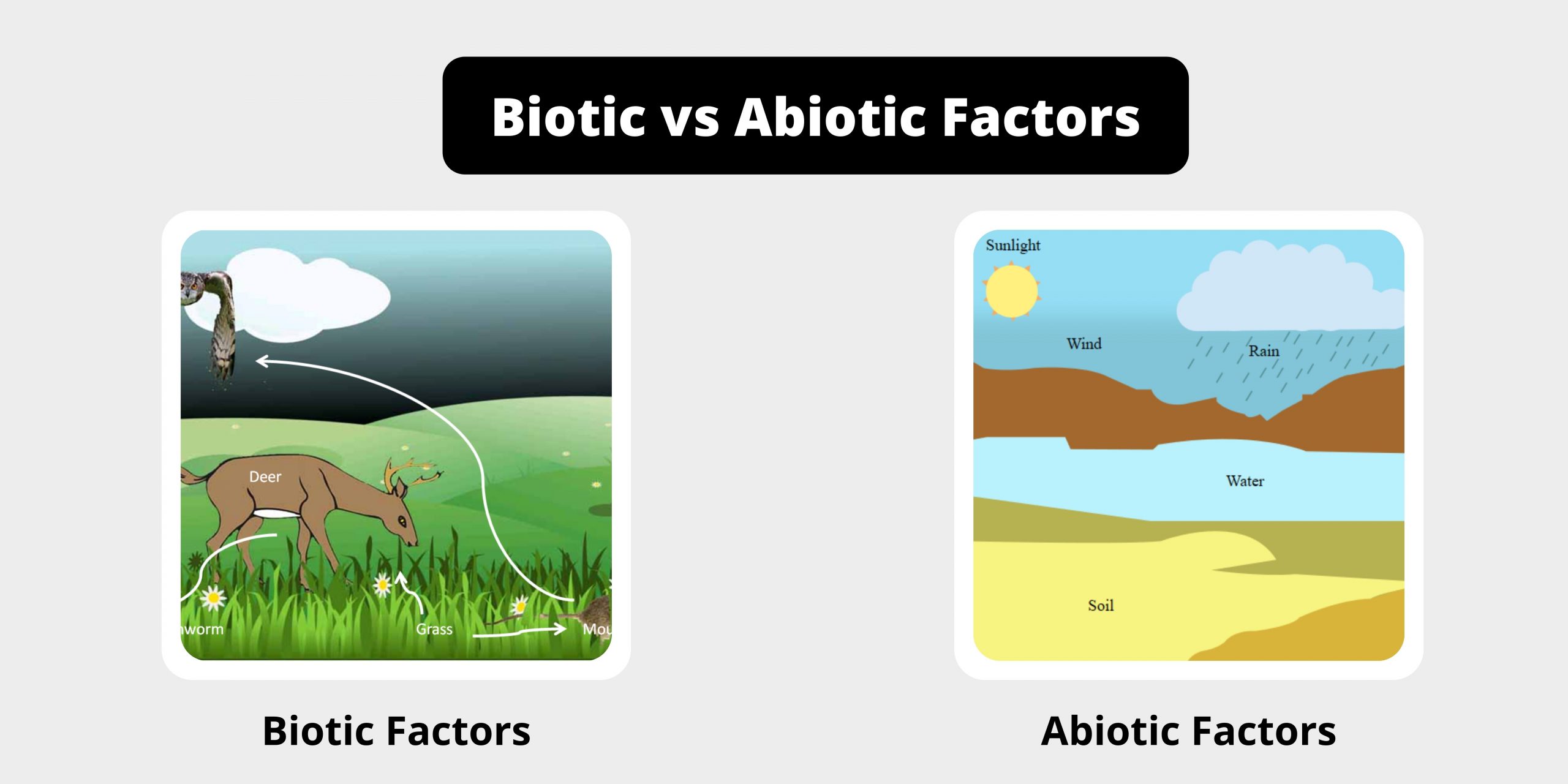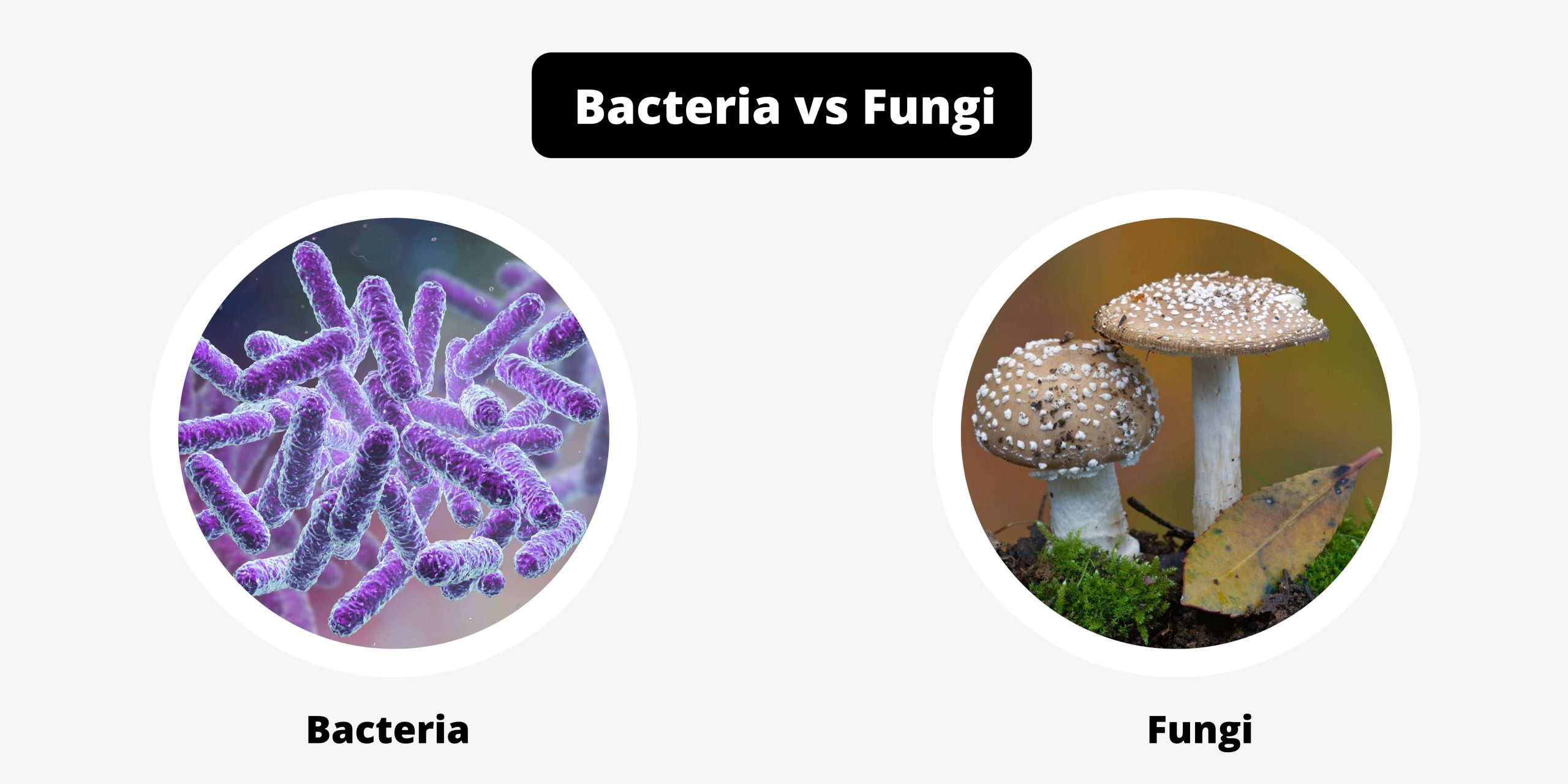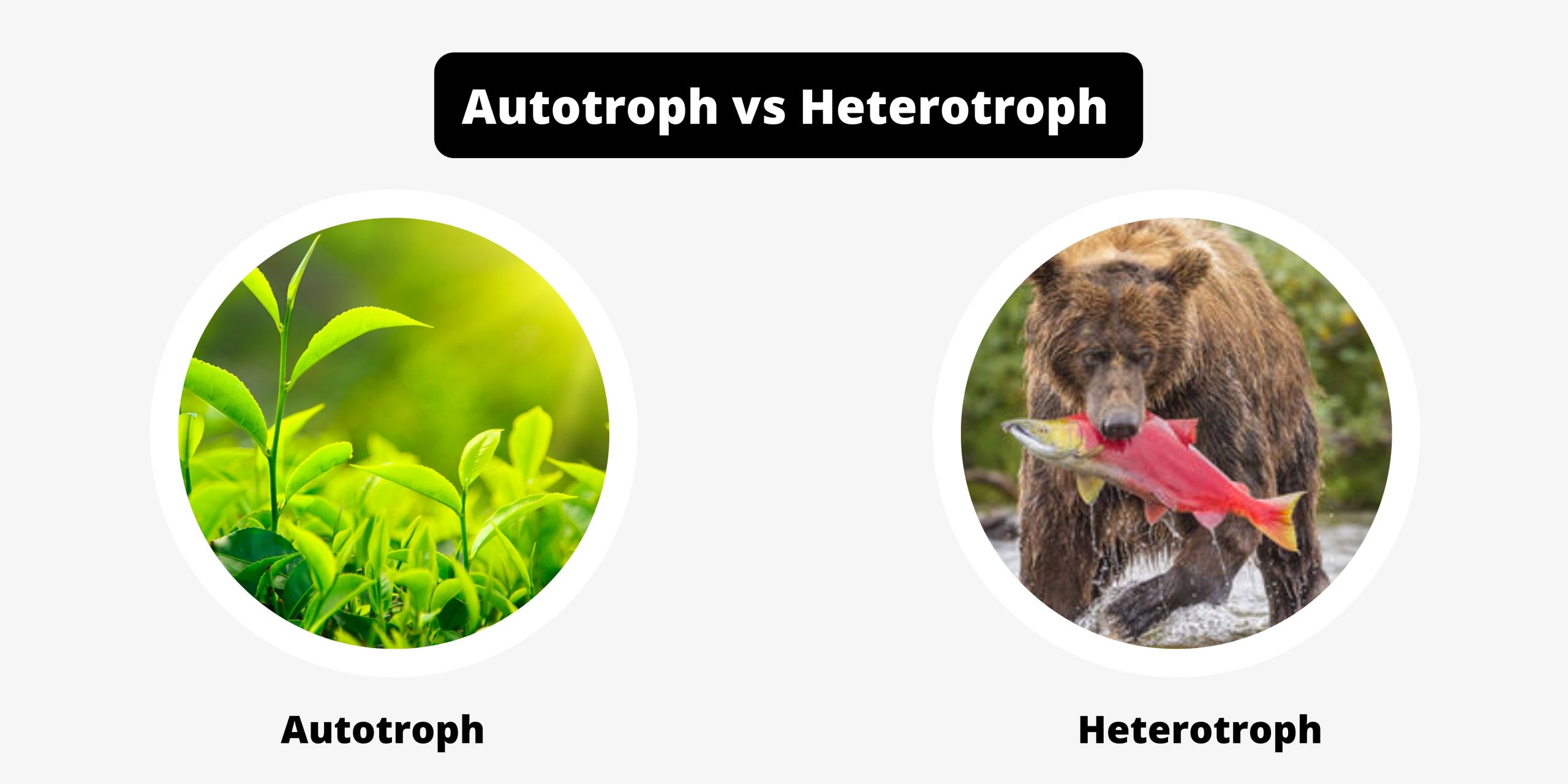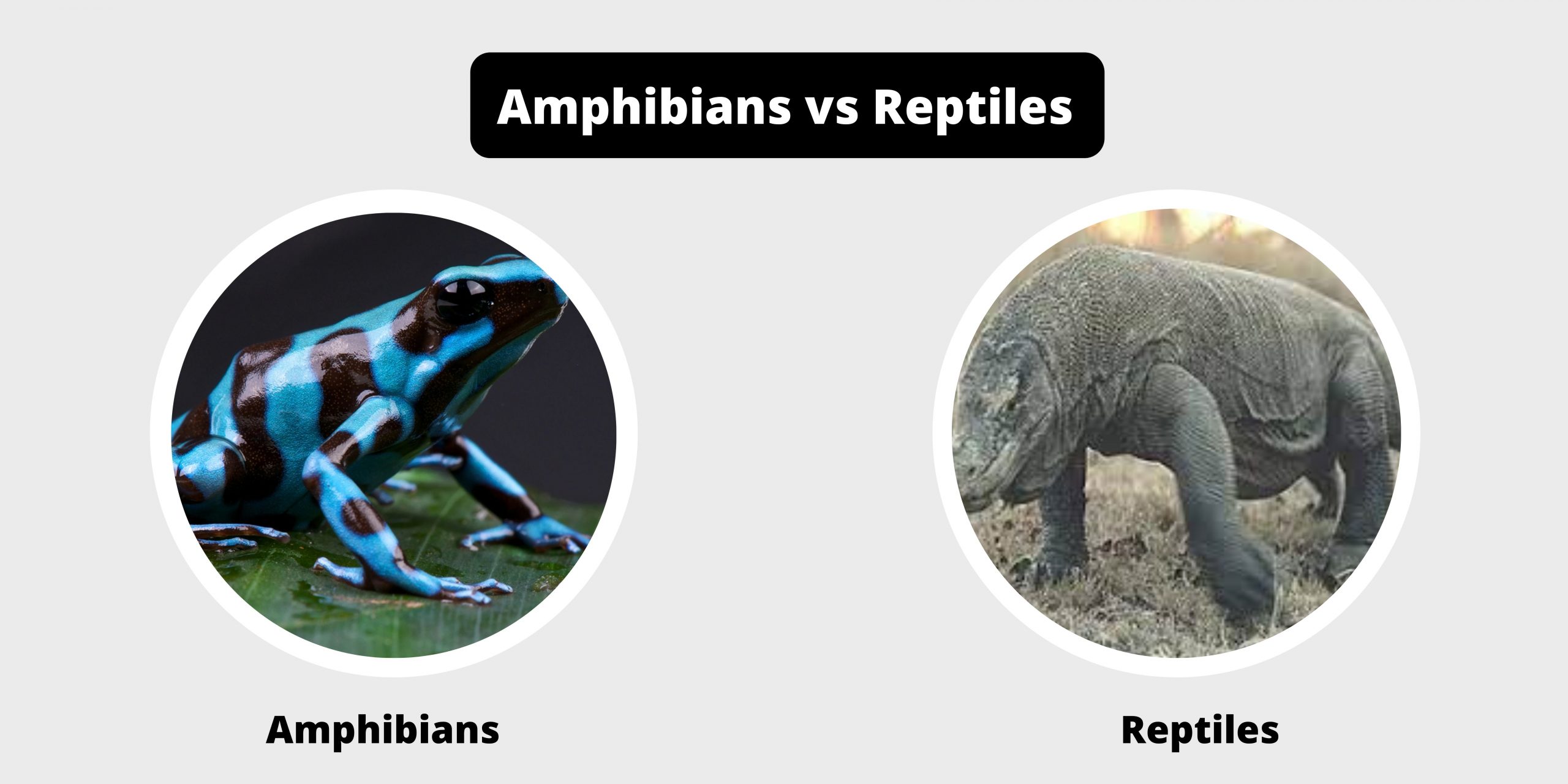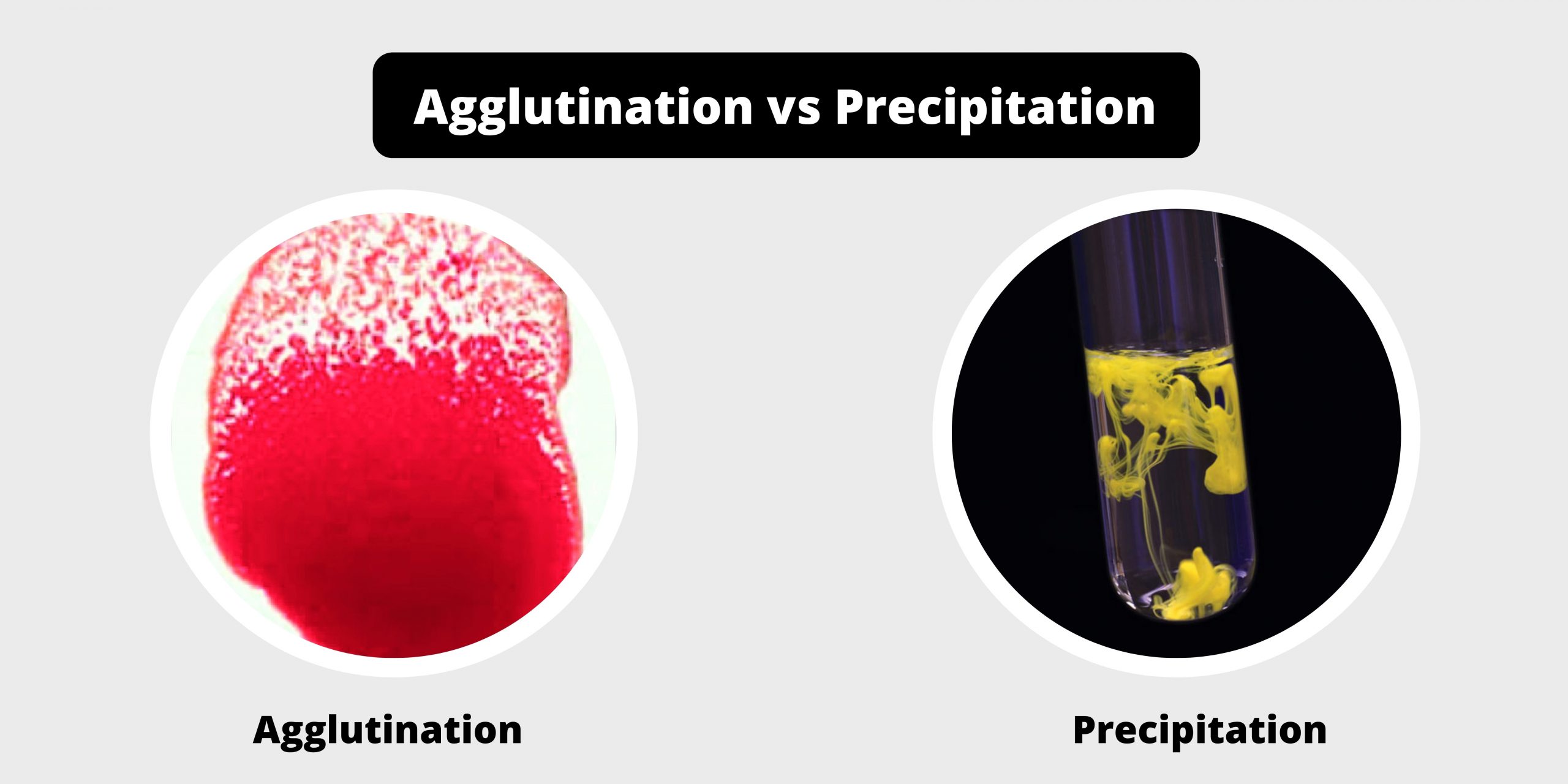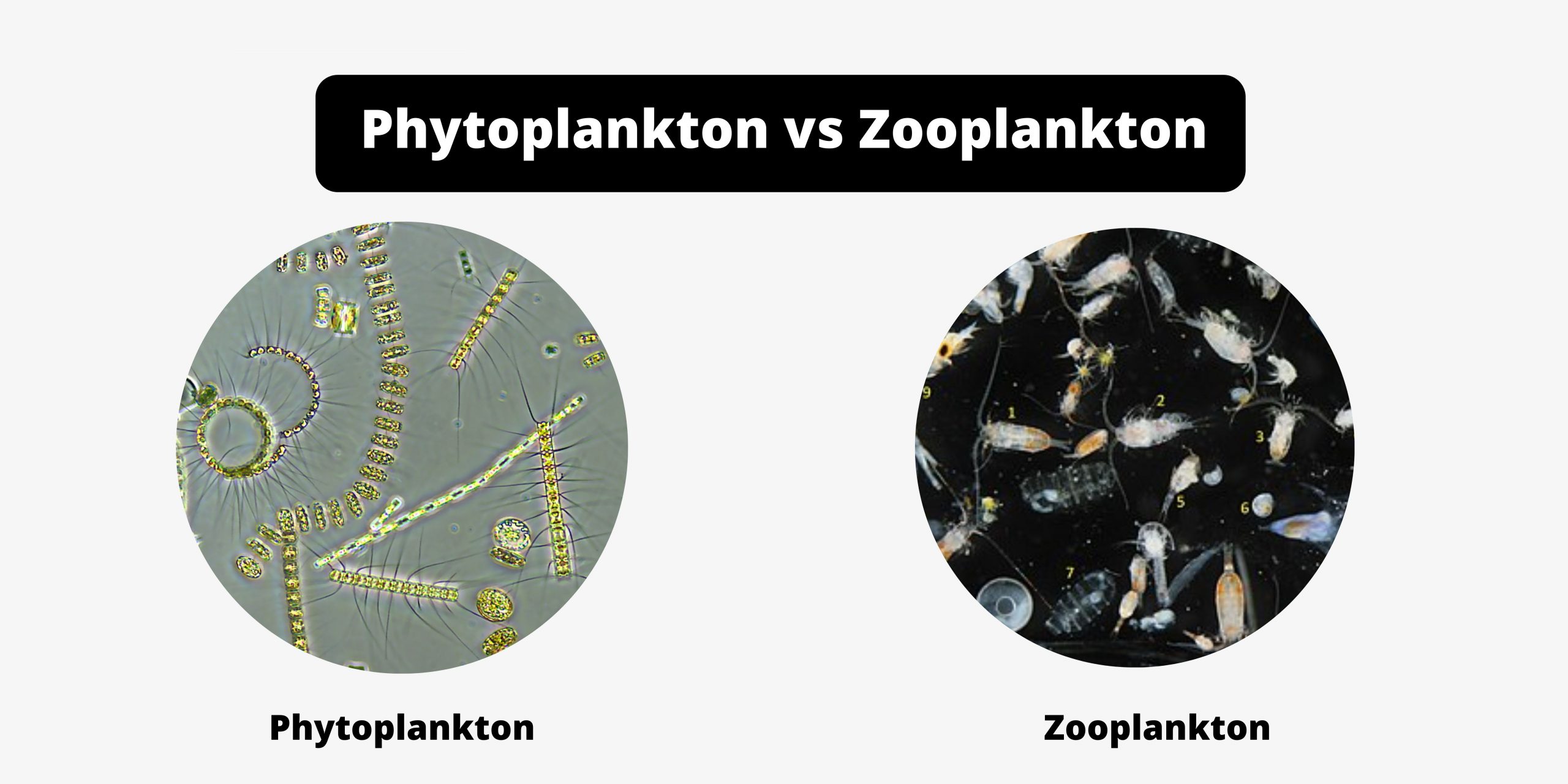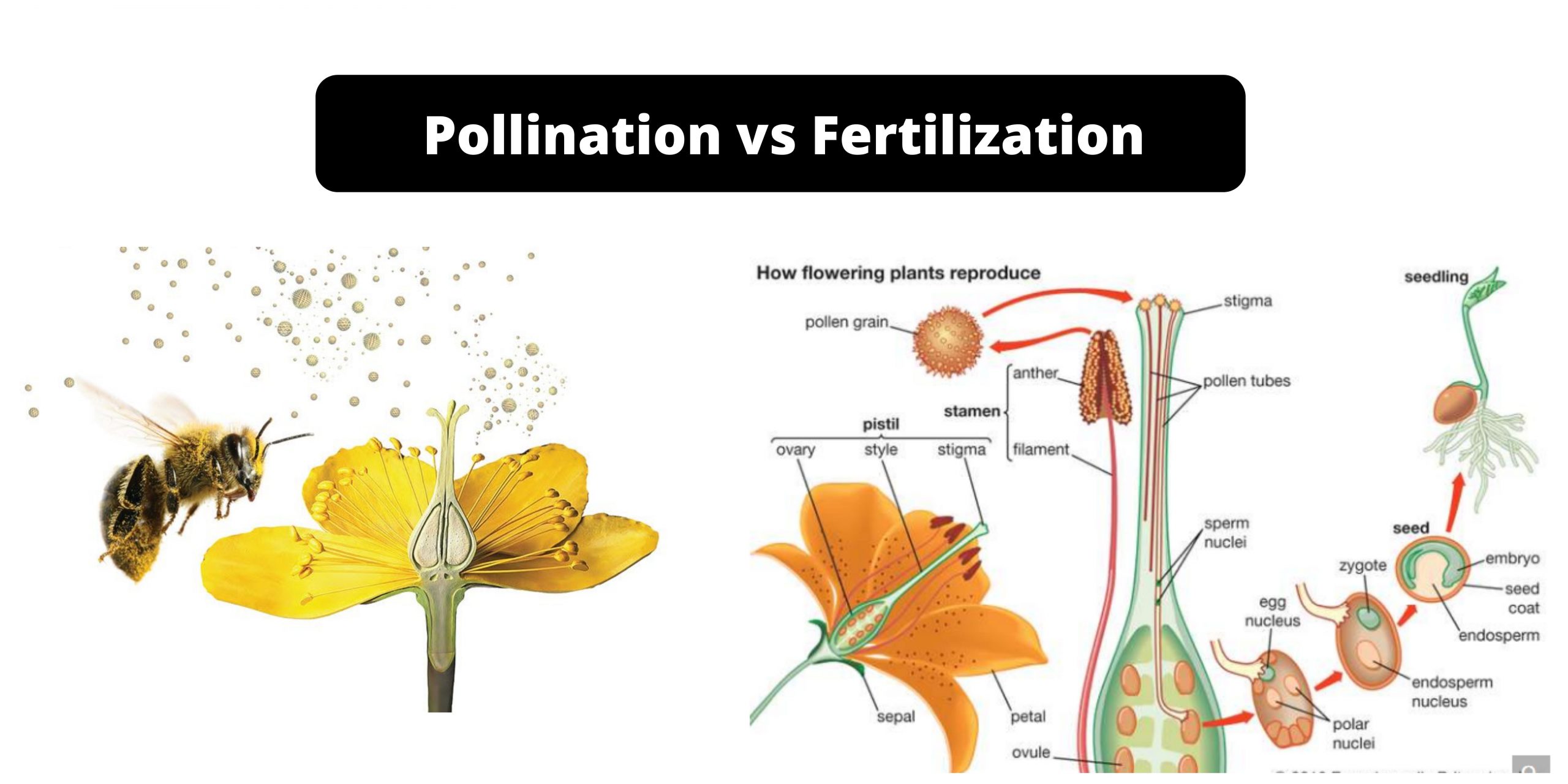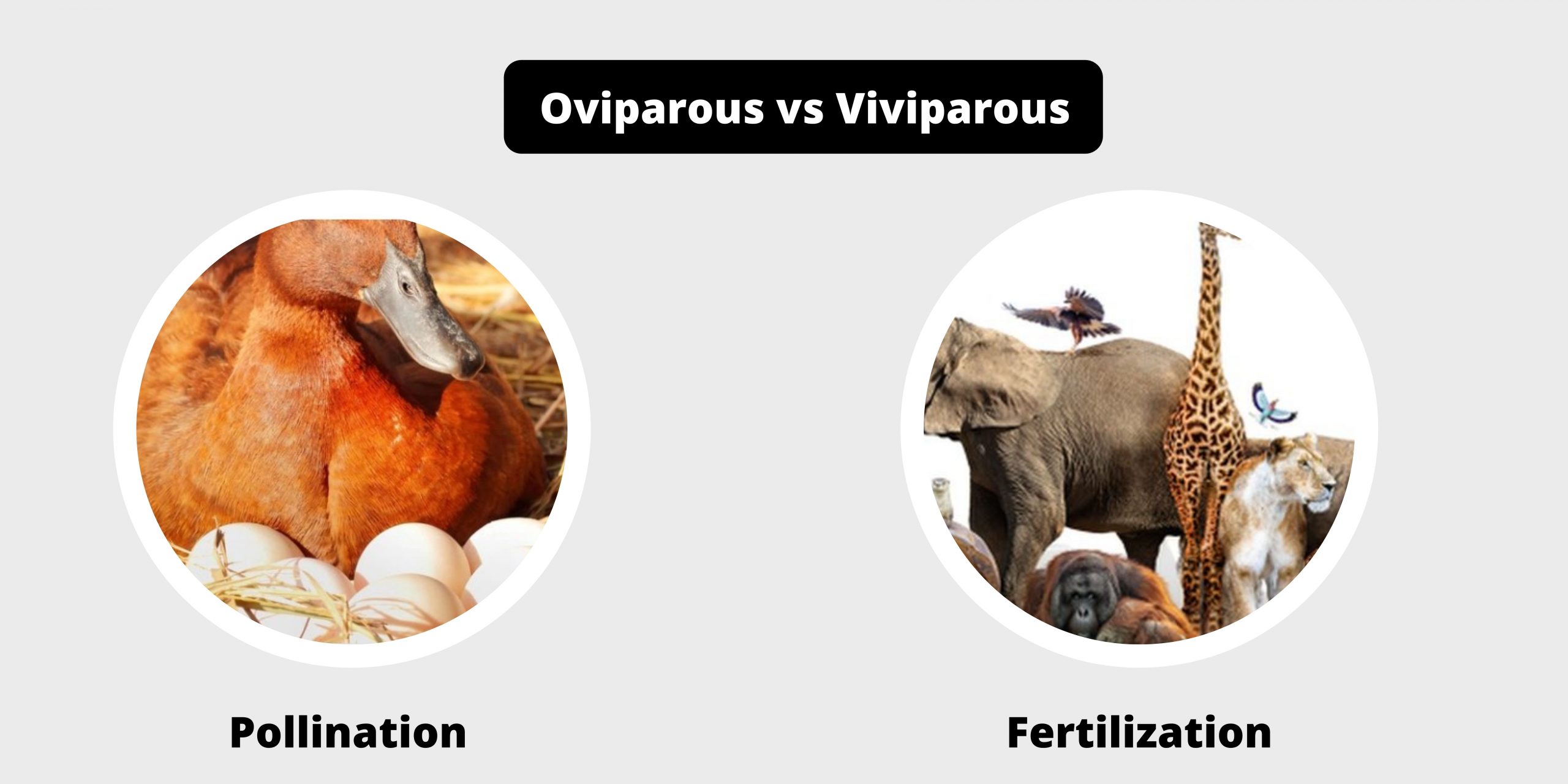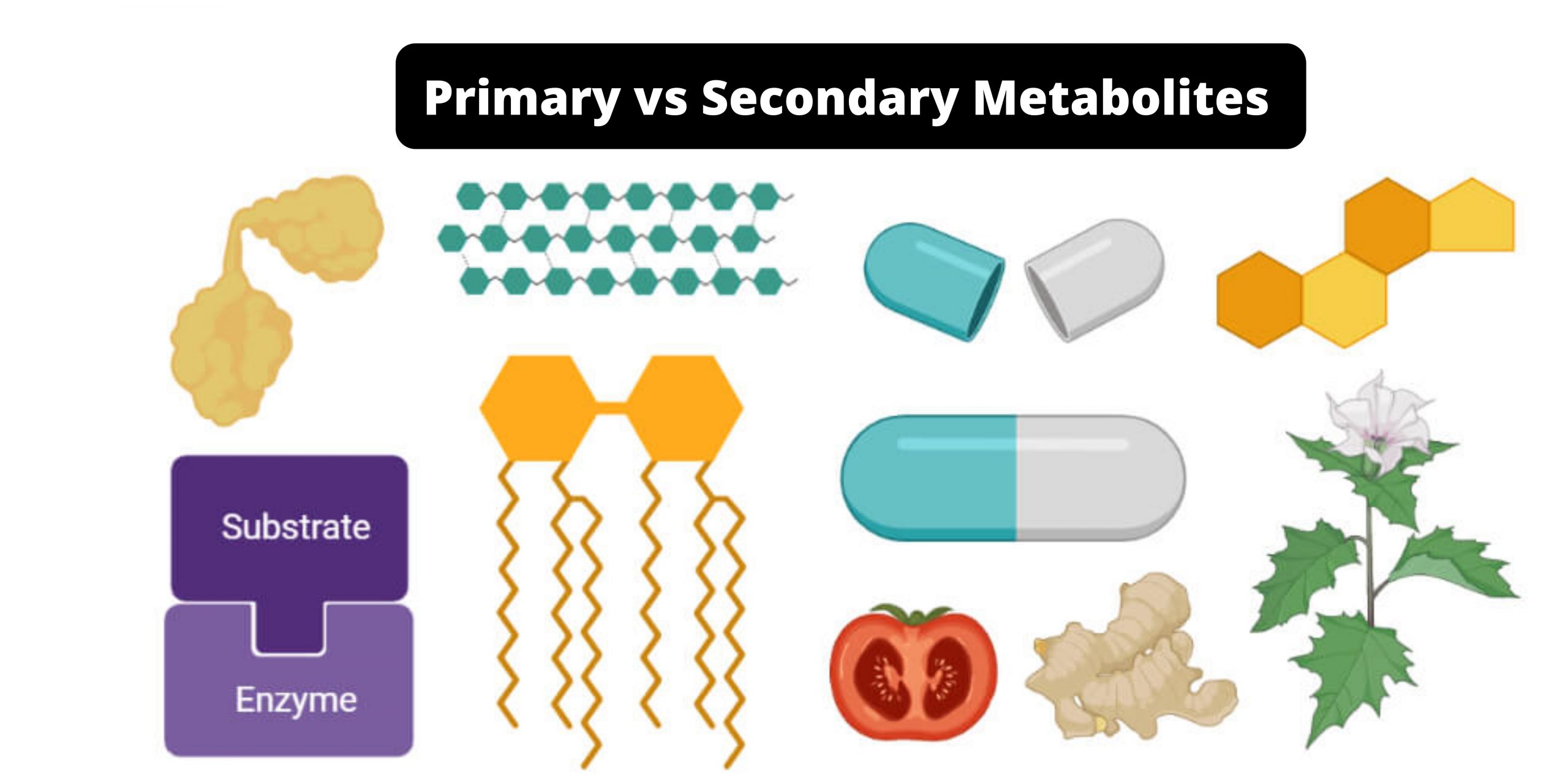Differences Between Acute disease and Chronic Disease
The duration of time that is for acute diseases is dependent according to the nature of the disease and its context however it is more concise in comparison to chronic illnesses. The term “acute” can also be used to refer to conditions where the onset of symptoms is sudden and happens quickly. In the case of severe disease is usually fulminant when it’s not always true for acute rhinitis. It is commonly associated with the common cold.

